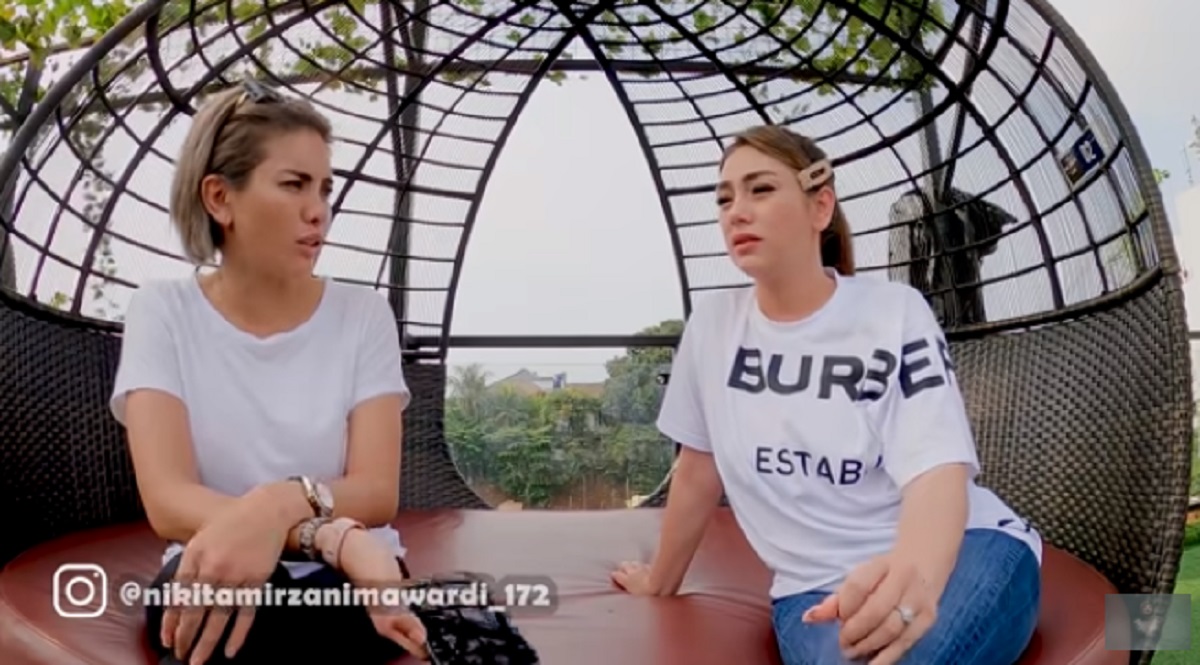“All that’s missing is the sea to make California”, Emmanuel Macron launched last May about the Ile-de-France department, the poorest in France. This German journalist went to see if her inhabitants agreed.
In front of the rows of buildings in Clichy-sous-Bois, we can already see how much the ceiling weighs above the inhabitants. The city is called the “Chêne Pointu”, as if its designers wanted to bring a little greenery to the neighborhood. A birch tree seems to have taken pity on buildings and planted its roots in a facade, but this has nothing to do with urban gardening, rather it is a sign of decay. A grid has been installed on the facade and runs to the tenth floor. If a section of wall were to collapse, at least no one would be crushed. Under the grill, black streaks show how far the flames rose in the last domestic fire. We put out the fire, and life resumed.
The HLM city of Chêne Pointu is located in Clichy-sous-Bois, in the department of Seine-Saint-Denis. In the social geography of France, it is the height of misery. We can hardly do more filthy. Paris is near, barely 18 kilometers, but the good life is far away. Seine-Saint-Denis is the poorest department in the country. More than 30% of young people there are unemployed and without training, it is the department that has the most social housing. When the French hear the name “Seine-Saint-Denis”, they think “drugs, violence and Islamism”.
Is it just a bad image? In a magazine interview Zadig, President Emmanuel Macron talks about his favorite places in France. First, he cites Seine-Saint-Denis. “I am going to describe to you, by asking you to close your eyes, the youngest department in France, with two international airports, the most important French sports stadium and the largest number of start-up creations per inhabitant. All that’s missing is the sea to make California… ” The department would be “The only place [en France] where we assumed to be a country of immigration ”, after Emmanuel Macron. The president describes Seine-Saint-Denis as “A lung” from the country.
Lung
Of course, this kind of metaphor is not to be taken too literally, but the body responsible for oxygenating France is still crossed by seven highways. Seine-Saint-Denis is a very battered lung. Where is California in all of this? A new gold rush at the exact spot where France seems to have given up? Companies that label themselves as respectful of the environment when they do little to protect it are accused of greenwashing, to whitewash one’s conscience. In the same way, one could reproach Emmanuel Macron for doing hopewashing by comparing this department to California: to propagate fantasies of renewal and hope.
We could also take Emmanuel Macron’s strategic optimism literally, go to Seine-Saint-Denis and ask passers-by: “Hello*, do you feel like you are in california here ?”
If the sea is missing, the beach is there. Right next to the town hall of Clichy-sous-Bois, from where you can see the buildings of Chêne Pointu, the mayor had sand installed. There are also sun loungers and entertainment for children. It’s “Clichy Plage”.
A seaside holiday, without the sea, for those who hardly ever go on vacation. In a small white chalet, Ibtissam Hamdi sells lasagna, samosas and burgers. Everything is homemade. The young woman is one of the creators of start-ups that Macron welcomes. Six months ago, she opened her small restaurant business, Clichy Plage is currently her biggest customer. Ibtissam faded the tips of her brown curls, outlined her eyes in black, and hung balloons on the roof of her cottage. We can see that she wants everything to be pretty.
Uber by default
That day, she got up at 5 o’clock to cook, bake, pack. In the meantime, she also made breakfast for her 12-year-old son. When she explains how much this food stand means to her, tears come to her. “Sorry, it’s just that for a very long time I thought I couldn’t do it”, she recovers. It never occurred to her to find out about the public subsidies that she could receive to start her business. She could have gotten help, but she just saved up for years.
Her entrepreneurial career began at Uber. Ibtissam drove at night, so that he could take care of his son during the day. Does she feel concerned when Emmanuel Macron is enthusiastic about the number of start-ups in his department? The young woman reflects, she is not the type to get carried away. Then she answers: “Okay. Here, we didn’t all become Uber drivers out of conviction, but because we didn’t really have any other choice. ”
She recounts her applications in businesses and clothing stores. Not once has she been contacted for an interview. “When they see ‘Seine-Saint-Denis’, you are directly eliminated. ” Younger, when the young woman went to Paris with her friends, she remembers: “People looked at us like wild animals. On made noise, we had fun – and we weren’t like the others. ”
Ibtissam’s parents come from Morocco, but the young woman grew up in Clichy-sous-Bois. She is now in her early thirties and feels that her youth ended in 2005. That year, the whole world watched Clichy-sous-Bois go up in flames on television. Every night the young people from the suburbs* took to the streets and burned cars. It was the death of Bouna Traoré and Zyed Benna that sparked this revolt. Bouna was 15, and Zyed 17. They died of electrocution while hiding in a transformer, frightened by a police check. They were coming back from soccer training. They hadn’t done anything wrong.
Bouna Traoré and Zyed Benna
“They were our age, I knew them by sight
[…]
Nadia Pantel (text) and Mohammed Bensaber (photos)


